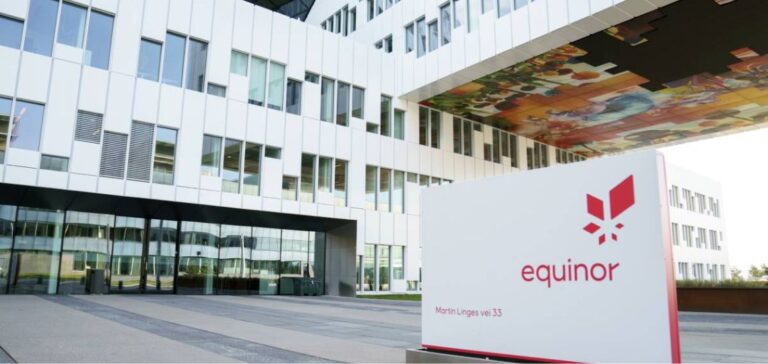Mendubim, a 531MW solar project of Equinor in Brazil, gets the final investment decision.
A second solar project
Mendubim is developing as a joint venture between Scatec, Hydro Rein and Equinor. The solar project is located in the state of Rio Grande do Norte, Brazil. In addition, the three partners have an equal economic interest of 33.3% in the project.
The three partners will jointly provide engineering, procurement and construction (EPC) services. Scatec and Equinor will provide operations and maintenance and asset management services for Mendubim. This is Equinor’s second large-scale solar project in Brazil after the Apodi solar plant.
The Apodi solar plant, commissioned in 2018, has a capacity of 162MW. Scatec operates the project. In addition, Apodi was Equinor’s first solar project in Brazil.
A 20-year plan
Olav Kolbeinstveit, senior vice president for energy and markets within renewables at Equinor, says:
“With the Mendubim project, we are significantly increasing our investments in renewable energy in Brazil and taking an important step towards building a solar materials portfolio in the country. Starting in 2024, Mendubim will produce approximately 1.2 TWh of electricity annually, which is equivalent to the electricity consumption of 620,000 Brazilian homes. The construction phase will create more than a thousand direct and indirect jobs.”
The total capital expenditure for the project is approximately $430 million. In addition, a combination of project financing and partner equity will fund Mendubim.
About 60% of the electricity produced by Mendubim will supply Alunorte, a supplier of alumina to the aluminum industry. This supply is provided under a 20-year dollar-denominated power purchase agreement (PPA). Finally, the remaining 40% of the production will feed the electricity market in Brazil.
Veronica Coelho, National Manager of Equinor in Brazil, says:
“Equinor has been operating in Brazil for more than two decades, and we see the country as a core area for secure and sustainable long-term growth. We strive to build a diversified energy offer with a strong oil and gas portfolio and an attractive position in renewable energies. Mendubim will be an important step in Equinor’s ambitions to be a leading company in the energy transition.”
Hydro Energia and Danske Commodities will provide electricity trading services. In addition, Danske Commodities recently established a sales office in São Paulo to support Equinor’s activity in Brazil.






















